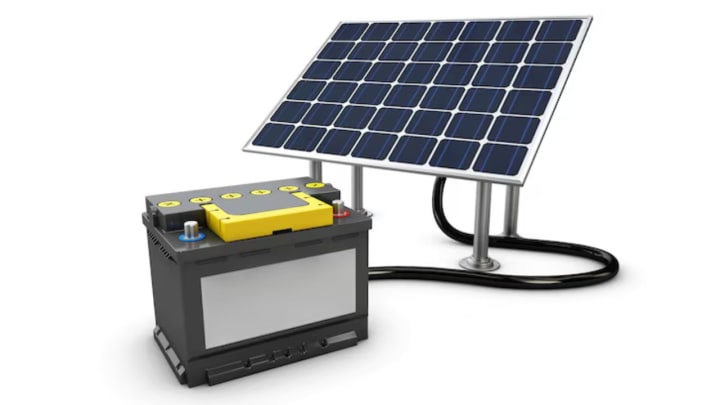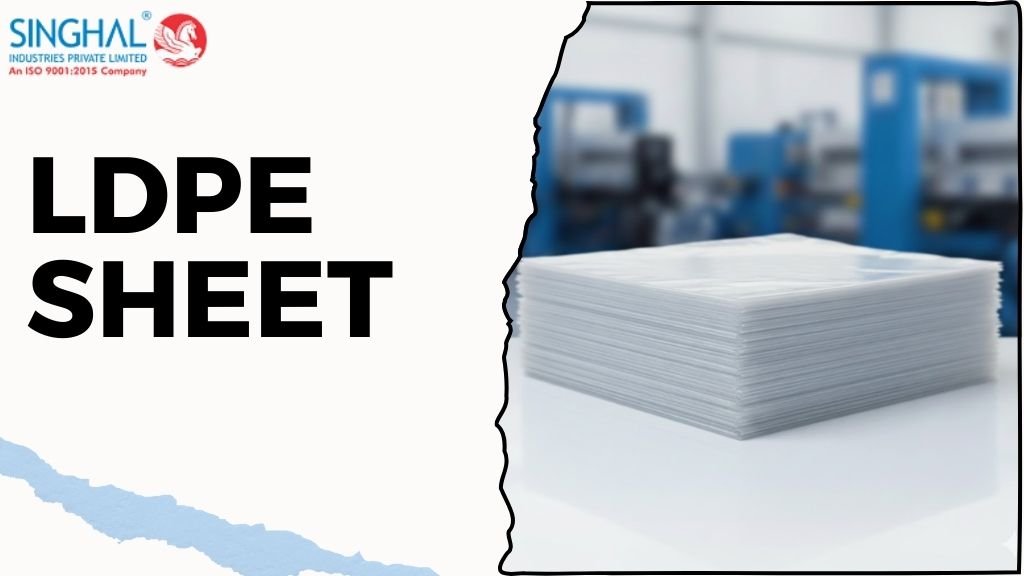With the growing shift toward renewable energy, solar power is playing a bigger role than ever in creating a sustainable future. A crucial part of any solar setup is the battery—it stores extra energy from the sun so you can use it at night or during outages. In 2025, solar battery technology has come a long way, offering more efficient, long-lasting, and affordable options. In this blog, we’ll break down the different types of solar batteries, their benefits, and how to find the right one for your needs.
Why Use a Solar Battery?
1. Energy Independence
Solar batteries allow homeowners and businesses to store excess solar energy, reducing reliance on the electrical grid and ensuring power availability even during outages.
2. Cost Savings
By storing solar power, users can avoid high electricity rates during peak hours. This is particularly beneficial in areas with time-of-use pricing structures.
3. Environmental Benefits
Using a solar battery reduces dependence on fossil fuels, decreasing greenhouse gas emissions and contributing to a cleaner planet.
4. Backup Power Supply
During blackouts or extreme weather conditions, solar batteries provide a reliable source of backup power, ensuring essential appliances and systems remain operational.
5. Enhanced Efficiency
Modern solar batteries improve the overall efficiency of solar energy systems by minimizing energy waste and maximizing energy utilization.
Types of Solar Batteries in 2025

Several types of solar batteries are available in the market, each with distinct advantages and applications. Let’s take a closer look at the most popular options in 2025.
1. Lithium-Ion Batteries
Overview:
Lithium-ion (Li-ion) batteries have been the most widely used solar battery type due to their high efficiency, long lifespan, and compact size. They are commonly used in residential and commercial solar installations.
Advantages:
- High energy density, allowing more storage in a smaller space
- Longer lifespan (10-15 years)
- Fast charging and high efficiency
- Low maintenance
Disadvantages:
- Higher initial cost compared to lead-acid batteries
- Requires a sophisticated Battery Management System (BMS) to prevent overheating
2. Lithium Iron Phosphate (LiFePO4) Batteries
Overview:
A subset of lithium-ion technology, LiFePO4 batteries are known for their exceptional safety, thermal stability, and long cycle life.
Advantages:
- Safer than traditional lithium-ion batteries
- Longer lifespan (15-20 years)
- Resistant to high temperatures
- More environmentally friendly
Disadvantages:
- Slightly lower energy density compared to other lithium-ion batteries
- Higher upfront cost
3. Lead-Acid Batteries
Overview:
Lead-acid batteries have been used for decades in solar energy storage. They are an affordable option, especially for small-scale solar applications.
Advantages:
- Low initial cost
- Proven and reliable technology
- Widely available
Disadvantages:
- Shorter lifespan (3-5 years)
- Lower efficiency (50-70%)
- Requires regular maintenance
- Bulky and heavy
4. Flow Batteries
Overview:
Flow batteries use liquid electrolytes to store and discharge energy. They are gaining popularity due to their scalability and long lifespan.
Advantages:
- Long lifespan (15-25 years)
- Can be recharged indefinitely without degradation
- Ideal for large-scale solar storage
Disadvantages:
- Large and heavy, making them less suitable for residential use
- High upfront cost
- Lower energy density
5. Sodium-Ion Batteries
Overview:
Sodium-ion batteries are an emerging technology in the solar industry, offering a more sustainable and cost-effective alternative to lithium-ion batteries.
Advantages:
- Uses abundant materials, making them more affordable
- Improved safety compared to lithium-ion batteries
- Less environmental impact
Disadvantages:
- Still in the early stages of commercialization
- Lower energy density than lithium-ion batteries
6. Solid-State Batteries
Overview:
Solid-state batteries are an advanced technology that replaces the liquid electrolyte in traditional batteries with a solid electrolyte, enhancing safety and energy efficiency.
Advantages:
- Higher energy density
- Longer lifespan
- Improved safety (reduced risk of overheating)
Disadvantages:
- Expensive and not yet widely available
- Limited large-scale production as of 2025
How to Choose the Right Solar Battery
Selecting the right solar battery depends on various factors, including energy requirements, budget, and intended usage. Here are some key considerations:
1. Capacity and Power Rating
Capacity (measured in kilowatt-hours, kWh) determines how much energy a battery can store, while the power rating (measured in kilowatts, kW) dictates how much energy can be delivered at once.
2. Battery Lifespan and Cycle Life
Look for batteries with a high cycle life (number of charge and discharge cycles), ensuring longevity and cost-effectiveness.
3. Efficiency
Round-trip efficiency measures how much energy is retained after charging and discharging. Higher efficiency means less energy loss.
4. Depth of Discharge (DoD)
DoD indicates how much of the battery’s capacity can be used before recharging. A higher DoD means more usable energy.
5. Cost and Warranty
While lithium-ion and solid-state batteries have higher upfront costs, their longer lifespans and warranties make them a better long-term investment.
6. Compatibility with Solar System
Ensure the battery is compatible with your existing or planned commercial solar panel system and inverter.
Conclusion
With the rapid evolution of solar battery technology in 2025, homeowners and businesses have access to a diverse range of energy storage solutions. Whether opting for lithium-ion, lead-acid, flow, or emerging battery technologies like solid-state or sodium-ion, the right choice depends on individual energy needs and budget.
For those looking for high-quality solar batteries, Eastman Solar Battery remains a top choice due to its reliability, efficiency, and durability. Additionally, if you are searching for the best distributors of solar panels, look no further than Kesrinandan Ventures. As a trusted provider of solar energy solutions, Kesrinandan Ventures offers top-tier products to help you achieve energy independence. Contact us today to explore our solar solutions and make the switch to sustainable energy!













Leave a Reply